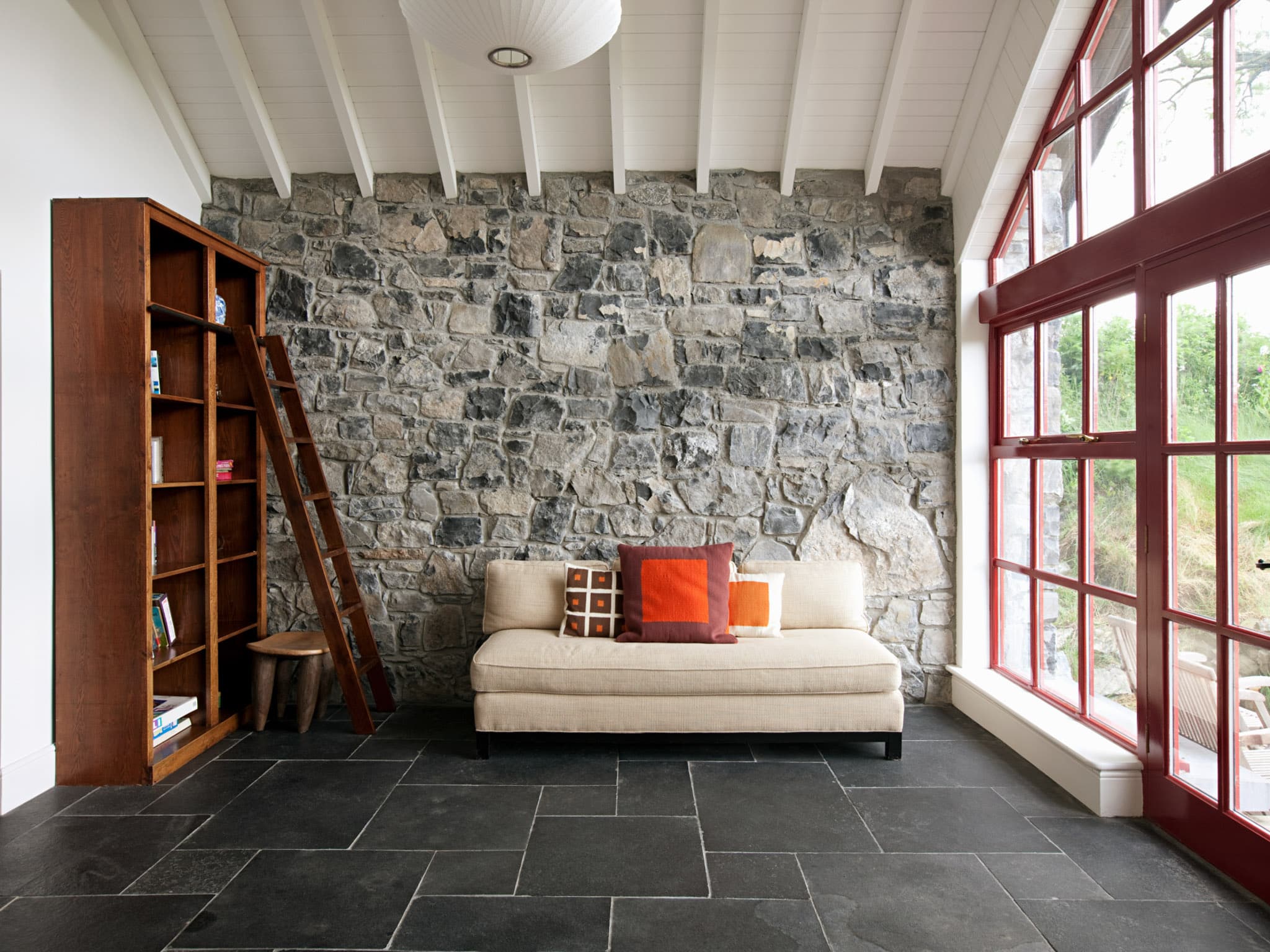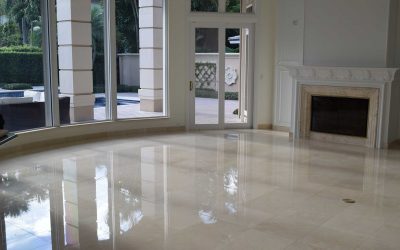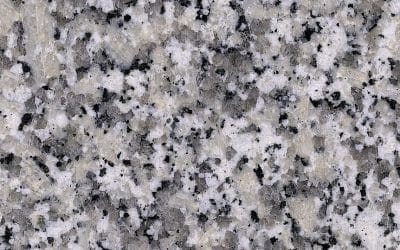Stone floors add elegance and value to any home. Their natural beauty and durability make them a popular choice. However, maintaining their pristine condition requires specific care.
Cleaning stone floors isn’t as simple as it seems. Each type of stone, from marble to granite, has unique needs. Using the wrong cleaning methods can lead to damage.
This guide will provide essential tips for cleaning stone floors. You’ll learn about the best products and techniques to use. With proper care, your stone floors will remain beautiful for years to come.
Understanding Stone Floors: Types and Characteristics
Different stone types offer unique textures and visual appeal. Stone floors come in a variety of materials, each with specific properties. Knowing these can help guide your cleaning approach.
Here’s a quick overview of common stone types:
- Marble: Known for its elegance but prone to etching.
- Granite: Extremely durable, resistant to scratches.
- Limestone: Soft, with a porous surface needing careful maintenance.
- Slate: Durable and good for high-traffic areas.
Understanding these characteristics is crucial. Marble, for example, cannot handle acidic cleaners. Limestone’s porous nature may absorb spills quickly, leading to stains.
Knowing your stone floor type helps in choosing the right cleaning methods and products. Proper identification allows you to protect and preserve its natural beauty effectively. Understanding these basics sets the foundation for excellent care and maintenance, ensuring long-lasting stone floors in your home.
Why Proper Cleaning Matters for Stone and Tile Floors
Proper cleaning of stone and tile floors enhances their longevity. It preserves the natural elegance that these surfaces bring to a space. Neglecting cleaning can lead to irreversible damage, affecting both appearance and functionality.
Here are some reasons why you should prioritize cleaning:
- Prevents scratches and etching on delicate surfaces.
- Helps avoid stains from spills.
- Reduces wear in high-traffic zones.
Inadequate cleaning can result in costly repairs or replacements over time. It’s essential to use the right methods for different floor types. By maintaining regular cleaning routines, you ensure your stone and tile floors remain both beautiful and durable. Prioritize their care to maintain their exceptional value in your home.
Daily and Weekly Maintenance: Keeping Stone Floors Pristine
Maintaining the beauty of stone floors requires both daily and weekly attention. Consistent upkeep helps prevent minor issues from turning into major problems. This practice keeps your floors looking their best for years.
Daily maintenance involves simple tasks that make a big difference. Sweep or vacuum regularly to remove dust and dirt, which can scratch surfaces. Using a soft broom or vacuum with a hard floor setting is ideal.
Weekly routines should include more thorough cleaning. Mop your floors with a damp mop. Use a pH-neutral cleaner designed specifically for stone surfaces, ensuring that you don’t oversaturate the floor.
Incorporate these essential steps into your cleaning routine:
- Sweep or vacuum daily to remove debris.
- Mop weekly with a damp mop and gentle cleaner.
- Dry floors immediately to avoid water spots.
Regular inspection for signs of wear or damage is equally important. Catching issues early saves on costly repairs. With these maintenance habits, you can preserve the elegance and longevity of your stone floors. Implementing these routines ensures they remain a stunning feature in your home.
Choosing the Right Cleaning Products and Tools
Selecting appropriate cleaning products and tools is crucial for maintaining stone floors. The wrong choice can cause irreparable damage. Understanding what works best for your specific stone type is the first step.
For general cleaning, opt for pH-neutral cleaners. Acidic or alkaline products may lead to etching or discoloration. Always start by testing a new product on a small, hidden area to ensure compatibility.
When it comes to tools, use soft-bristled brooms and microfiber mops. These prevent scratches and protect the integrity of the stone. Avoid abrasive scrubbers at all costs. They can scratch and dull the surface over time.
Here’s a quick guide on product and tool selection:
- Use pH-neutral cleaners specifically for stone.
- Test new products in inconspicuous areas.
- Employ soft-bristled brooms and microfiber mops for cleaning.
By choosing the right products and tools, you safeguard your stone floors’ natural beauty. Thoughtful care goes a long way in preserving their elegance and functionality.
Step-by-Step Guide: Cleaning Stone Floors Safely
Cleaning stone floors doesn’t have to be complex. Following a safe and structured approach ensures efficient results without harm. Here’s how you can clean stone floors carefully:
Begin by sweeping or vacuuming the surface. This removes dirt and debris that might scratch the stone. Regular maintenance keeps the floor in pristine condition.
Next, prepare a cleaning solution. Mix a pH-neutral cleaner with warm water in a bucket. Avoid harsh chemicals that could damage the stone’s finish.
Dampen a microfiber mop with the solution. Ensure it’s not oversaturated. Excess water can penetrate the stone and cause damage. A damp mop works best.
Start mopping in gentle, circular motions. This prevents streaks and ensures even cleaning. Pay special attention to high-traffic areas where dirt accumulates more.
After mopping, dry the floor with a clean, soft cloth. This step eliminates water spots and enhances the natural shine. Drying immediately prevents slips and accidents.
If you encounter stubborn stains, treat them with a dedicated stone floor cleaner. Always refer to the manufacturer’s instructions for best results.
Remember these key steps for safe stone floor cleaning:
- Sweep or vacuum debris.
- Use a pH-neutral solution.
- Mop in circular motions.
- Dry thoroughly with a soft cloth.
By adhering to this guide, you ensure your stone floors remain stunning and durable for years. Consistent care keeps their elegance intact.
Special Care for Different Stone Types (Marble, Granite, Limestone, Slate)
Different stone types demand distinct care techniques. Understanding these variations helps maintain their unique qualities. Let’s look at marble, granite, limestone, and slate.
Marble is elegant yet delicate. Avoid acidic cleaners as they can etch the surface. Use a soft cloth for polishing to maintain its sheen.
Granite is durable but requires periodic sealing. A mild detergent and warm water suffice for cleaning. Avoid abrasive tools that might scratch its polished surface.
Limestone has a porous nature, making it stain-prone. Use a pH-neutral cleaner and wipe spills swiftly. Regular resealing helps preserve its appearance.
Slate boasts a textured beauty yet needs protection. Use mild soaps for cleaning. Avoid wet mopping; dry promptly after any cleaning session.
Here’s a quick checklist for caring for these stones:
- Marble: Avoid acids, polish softly.
- Granite: Seal regularly, use mild detergents.
- Limestone: Clean with pH-neutral solutions.
- Slate: Use mild soap, dry thoroughly.
By tailoring your cleaning approach to the stone type, you ensure longevity and continued beauty. Different stones, different care, simple preservation.
Cleaning Tile Floors and Grout: Tips and Techniques
Tile floors are sturdy, yet they need proper care for a flawless finish. Regular maintenance is crucial to prolong their life.
For routine cleaning, mild detergent mixed with warm water works best. Use a soft mop, and avoid harsh chemicals that might erode the surface over time.
Grout lines can easily gather grime and dirt. A gentle scrubbing with a soft brush can be effective. Remember to rinse well to prevent residue buildup.
Here’s a quick guide for tile floor upkeep:
- Clean tiles with mild detergent and warm water.
- Use a soft mop for gentle cleaning.
- Scrub grout gently, avoiding hard bristles.
- Rinse thoroughly to prevent buildup.
These simple steps can keep your tile floors sparkling. Regular attention ensures both tiles and grout remain in top condition.
Preventing Damage: What to Avoid on Stone Floors
Keeping stone floors in pristine condition requires awareness of potential hazards. Certain substances and actions can harm these surfaces.
Avoid using acidic cleaners like vinegar or lemon juice. They can etch and dull the stone over time. Similarly, steer clear of abrasive tools that may scratch your floors.
Protect your stone by following these precautions:
- Never use acidic or abrasive cleaners.
- Avoid dragging furniture across the floor.
- Refrain from using hard bristles or metal scrubbers.
By following these guidelines, you’ll help preserve the natural beauty of your stone floors. A little caution goes a long way in maintaining their elegance.
Sealing and Long-Term Protection for Stone Floors
Sealing your stone floors is a crucial step for their longevity. It helps guard against stains and moisture that can penetrate the surface.
Not all stones require sealing, but porous ones like marble and limestone do. Consult with a professional if uncertain about your floor’s needs.
To maintain protection, consider the following practices:
- Regularly reseal floors as recommended by experts.
- Use a cleaner with a built-in sealer for extra protection.
- Ensure floors are completely dry before sealing.
Long-term care involves periodic inspections for wear. Staying proactive keeps your floors looking stunning and ensures they stand the test of time.
When to Call a Professional: Deep Cleaning and Restoration
Sometimes, stone floors need professional attention. Deep stains or extensive wear are beyond regular cleaning methods.
Consider professional help in these scenarios:
- Persistently stained or etched surfaces
- Overly worn or dull finishes
- Large areas requiring uniform restoration
Professionals use specialized techniques and products to rejuvenate your stone floors. Regular professional care ensures your floors remain in optimal condition and extend their lifespan.
Conclusion: Maintaining the Beauty and Value of Your Stone Floors
Proper care is key to preserving stone floors’ elegance and longevity. Regular maintenance and smart cleaning choices enhance their beauty. With these tips, your floors will remain stunning and durable for years, enriching your home’s charm.










0 Comments